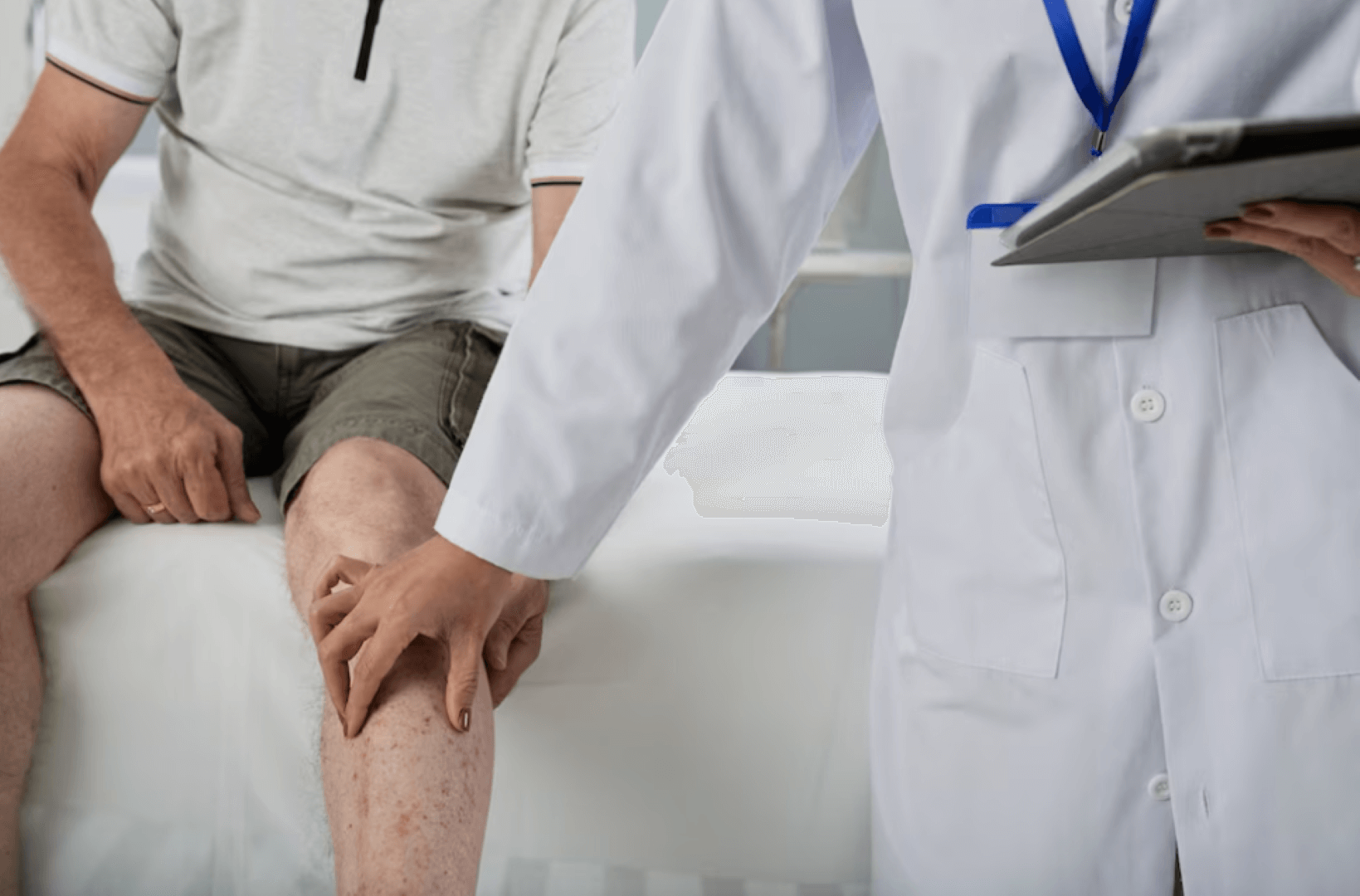Knee replacement surgery, also known as knee arthroplasty, is a common procedure to relieve pain and improve mobility in individuals with severe knee joint damage. While the surgery is generally successful, some patients may experience persistent knee pain even after the procedure. This article explores the possible causes of persistent knee pain after knee replacement and the available treatment options.
Causes of Persistent Knee Pain
Infection: Although rare, an infection following knee replacement surgery can cause persistent pain. Symptoms may include warmth, redness, swelling, and increased pain around the incision site. In such cases, medical intervention is required to address the infection and alleviate pain.
Loosening or Misalignment: Over time, the artificial knee joint components may become loose or misaligned. This can lead to persistent pain and discomfort. Revision surgery may be necessary to correct the positioning of the prosthesis or replace worn-out components.
Scar Tissue Formation: After knee replacement surgery, some individuals may develop excessive scar tissue around the knee joint. This can restrict mobility and cause pain. Physical therapy and gentle manipulation techniques can help break down the scar tissue and improve range of motion.
Nerve Damage: Nerves around the knee joint can be damaged during surgery, leading to persistent pain. This condition, known as neuropathic pain, may require specialized treatments such as medications targeting nerve pain or nerve blocks.
Treatment Options
Physical Therapy: A structured physical therapy program can be beneficial in reducing persistent knee pain. Therapists can guide patients through exercises that help strengthen the surrounding muscles, improve flexibility, and alleviate pain.
Medications: Over-the-counter pain relievers such as acetaminophen or nonsteroidal anti-inflammatory drugs (NSAIDs) may provide temporary relief for mild pain. For more severe pain, prescription medications like opioids or nerve pain medications may be recommended.
Injections: Corticosteroid injections can be administered directly into the knee joint to reduce inflammation and alleviate pain. Hyaluronic acid injections, which act as lubricants and shock absorbers, may also provide relief.
Revision Surgery: In cases where the knee prosthesis has become loose, misaligned, or worn out, revision surgery may be necessary. This procedure involves replacing or readjusting the prosthetic components to improve the function of the knee joint and alleviate pain.
Alternative Therapies: Complementary approaches such as acupuncture, massage therapy, or transcutaneous electrical nerve stimulation (TENS) may offer relief to some individuals experiencing persistent knee pain.
Persistent knee pain after knee replacement can significantly affect an individual’s quality of life. Identifying the underlying cause of the pain is crucial for effective treatment. By working closely with the knee surgeon, patients can explore various treatment options to alleviate pain and regain function in their knee joint.


